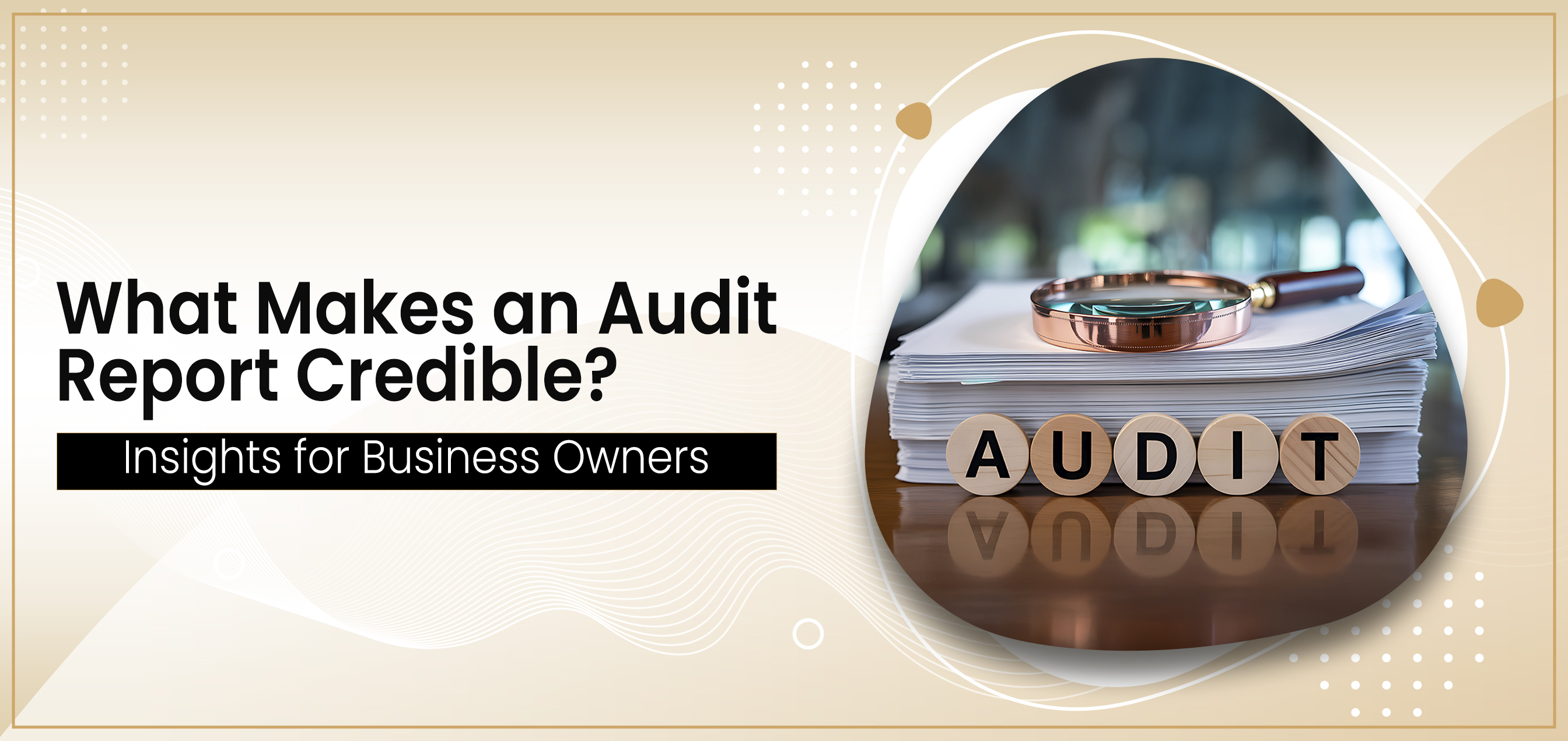
09 Jun 2021
FATCA was introduced by the US Department of Treasury and Internal Revenue Service in 2010 aimed at curbing offshore tax evasion by US individuals. Foreign Financial Institutions (FFIs) outside the United States are required by FATCA to provide information on financial accounts held by US citizens.
On June 17, 2015, the UAE signed a Model 1B Intergovernmental Agreement, with an effective date of 1 July 2014 to improve international tax compliance and to implement FATCA. The UAE-US IGA is a Model 1B IGA and accordingly doesn't provide for reciprocal information sharing by the US. Reporting entities can submit the annual FATCA reports for the year 2020 within the period of 15th May to 30th June 2021.
FATCA Categories Foreign Entities into Two Groups.: -
- Foreign Financial Institutions (FFIs)
- Non-Financial Foreign Entities (NFFEs)
Who is Impacted by FATCA?
Reporting UAE Financial Institutions (Fls) are needed to recognize financial accounts that are held by either Specified US Persons or Passive NFFEs with one or more Controlling Persons who are Specified US Persons and provide certain financial account information to their Regulatory Authority
The UAE – US IGA will apply to Financial Institutions (FIs) that are:
- UAE Financial Institutions (FIs) that are incorporated or registered in the UAE.
- Branches of non-UAE Financial Institutions registered in the UAE
It does not apply to branches of the UAE FIs situated outside the UAE. In addition, NFFEs are classified as either Active or Passive NFFEs and do not need to report pursuant to the UAE-US IGA.
UAE Financial Institutions (FIs) can be classified as either Reporting UAE FIs or Non-Reporting UAE FIs.
- Custodial Institutions
- Depository Institutions
- Investment Entities
- Specified Insurance Companies
These include, amongst others, investment traders, banks, custodians, asset/wealth managers, funds, and life insurance companies.
What is a Financial Institution (FI) under FATCA?
The term financial institution implies a Custodial Institution, an Investment Entity, and Depository Institution, or a Specified Insurance Company. Such as banks, investment funds, and investment managers, but also any entity that manages, holds, administers, or invests money or financial.
Custodial Institution
The term "Custodial Institution” signifies any Entity that holds, as a substantial portion of its business, financial assets for the account of others. On the off chance, the entity's gross income attributable to the holding of financial assets and related financial services equals or exceeds 20% of the entity's gross income for the shortest of the following periods:
- The three-year period that ends on December 31 preceding the year in which the determination is being made: or
- The period during which the entity has been in presence.
Depository Institution
Any Entity that accepts deposits in the ordinary course of a banking or similar business is referred to as a "Depository Institution."
Investment Entity
Any Entity that conducts one or more of the following activities or operations for or on behalf of a customer is referred to as an "Investment Entity."
- Trading in money market instruments(bills, cheques, certificates of deposit, derivatives, etc.) foreign exchange, exchange, transferable securities, interest rate and index instruments, or commodity futures trading
- Individual and collective portfolio management, or
- Administering, investing, or managing money or funds on behalf of other persons.
Specified Insurance Company
Any entity that is an insurance company that issues, or is committed to making payments with respect to, a Cash Value Insurance Contract or an Annuity Contract is referred to as a Specified Insurance Company.
What are the Obligations of the UAE Financial Institutions (FIs) under FATCA?
Reporting UAE FIs are needed to comply with the UAE-US IGA. Broadly, Reporting UAE financial institutions must:
- Comply with registration requirements
- Perform due diligence on financial accounts
- Annually report all US reportable accounts
- Annually report any payments made to Non-Participating Financial Institutions
- Continuously monitor for changes in circumstances
UAE Financial Institutions (Fls) are required to report detected US reportable accounts (or submit a notification or nil return that it does not have any such accounts). As FATCA is US legislation that requires all Foreign Financial Institutions (“FFIs”) to regularly submit information on financial accounts held by US persons to the US IRS. The UAE-US IGA mandates reporting UAE financial institutions to submit the appropriate information, which will be reported to the IRS by the MoF.
Obligations of Unregulated Entities:
An Unregulated Entity is any Reporting UAE FI that doesn't otherwise report (including nil reports/returns) to the Central Bank of the UAE, the Securities and Commodities Authority, ADGM, or DIFC for FATCA purposes. Such entities are needed to report to the Ministry of Finance. Once registered, UAE MoF will issue the unregulated entity with a username and password to report reportable information. Unregulated entities that are Reporting UAE FIs must register the FATCA Registration Form for unregulated entities
Which UAE financial institutions are excluded from reporting under FATCA?
- Exempt Beneficial Owners
- Funds that Qualify as Exempt Beneficial Owners
- Financial Institutions (Fls) with a Limited Scope that Qualify as Deemed-Compliant FFIs
- Investment Entities that Qualify as Deemed-Compliant Foreign Financial Institutions (FFIs)
All UAE financial institutions must register with the US IRS unless they are exempt. Exempt Beneficial Owners and most Non-Reporting UAE FIs would not be required to register with the US IRS. Some Non-Reporting UAE FIs, referred to as Registered Deemed Compliant will be required to register with the US IRS.
All registered and compliant FIs’ global intermediary identification numbers (GIIN) will be published by IRS on its FFI List. The reporting deadline for reporting UAE FIs is 30 June for the year 2020.
The UAE-US IGA gives that Reporting UAE FIs may utilize third-party service providers to meet requirements under the IGA, but these obligations shall remain the responsibility of the Reporting UAE FI. The Reporting UAE FI will consider any failure by a third-party service provider to be a failure.
Is it possible for a non-financial services entity to be caught by the definition of an Investment Entity?
Indeed, a Non-Financial Services Entity could be caught by the definition of Investment Entity under the DIFC CRS, if:
- its gross income is primarily attributable (i.e., 50% or more) to investing, reinvesting, or trading in Financial Assets; and
- the entity is managed by a different entity, that is :
- A Depository Institution, Custodial Institution, a Specified Insurance Company, or an Investment Entity.
- That acts for or on behalf of customers; and
- has discretionary authority to manage the Non-FS Entity’s assets.
Non-FS Entities include, however, are not limited to the following:
- Investment Fund Vehicles
- Single Family Office
- Holding Company
- Proprietary Investment Company




